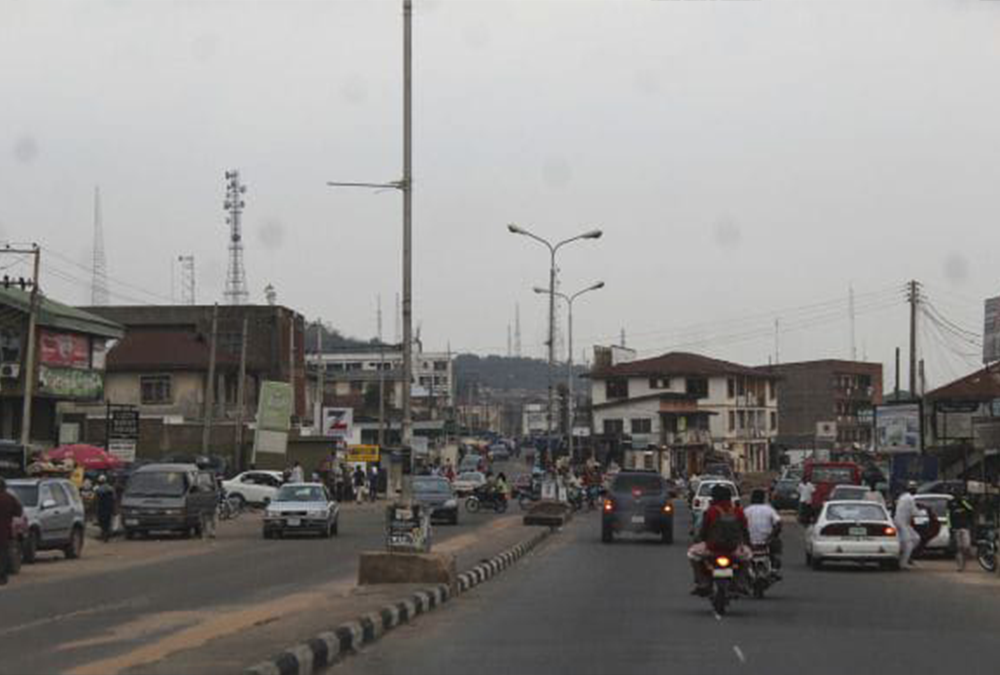By Nandip Andrew

The Nigeria Humanist Movement, which had its beginnings in 1996 under the leadership of Dr. Leo Igwe, has encountered numerous hurdles throughout its existence. The primary challenge has revolved around its attempts to gain registration with the Corporate Affairs Commission (CAC). Unfortunately, the CAC repeatedly turned down their application due to the inclusion of the term “MOVEMENT” in the organization’s name. Despite numerous attempts, a breakthrough occurred in 2017 when a new name, the Humanists Association of Nigeria (HAN), was approved, paving the way for successful registration.
The year 2019 marked a significant milestone for HAN as they hosted their inaugural humanist conference. During this event, new interim executives were chosen, and Mr. Mubarak Bala was designated as the acting interim president. However, the association encountered a setback when Bala was arrested the following year, preventing them from proceeding with the establishment of a bank account for member contributions.
In recent years, the HAN has witnessed remarkable growth and increasing awareness across Nigeria. As part of this expansion, humanist chapters have been established in various states. The growth in the movement can be attributed to several factors. These include greater access to information, the rise of secularism, active advocacy efforts, and the involvement of the youth in the cause.
Nevertheless, humanists in Nigeria face several significant challenges. Legal obstacles stem from Nigeria’s restrictive laws that limit freedom of thought, conscience, and religion. For instance, some Nigerian states, such as Kano, Kaduna, Katsina, Maiduguri, and Bauchi, have Islamic laws that restrict discussions on radio, television, or in public to Islamic audiences only. The Nigerian Constitution officially recognizes only two religions Christianity and Islam, which creates legal difficulties for humanists.
In addition to legal challenges, societal discrimination is a significant hurdle. Nigeria is predominantly a religious nation, with strong influences from Christianity and Islam. As a result, humanists often face discrimination and opposition from religious groups and individuals who perceive humanism as a threat to their beliefs and values.
Furthermore, limited financial resources pose another challenge for the HAN. Financial constraints can hinder their ability to carry out advocacy and awareness campaigns effectively. These constraints can also limit the reach of their activities and their ability to connect with a broader audience.
Personal safety and security are also paramount concerns for humanists in Nigeria, particularly in the northern regions. Many humanists there keep their beliefs hidden as they may be subject to harassment, threats, imprisonment, or even death at the hands of Islamic State Government, extremist religious groups, or individuals.
Despite these challenges, humanists in Nigeria remain resilient and committed to promoting their values and principles. They continue to advocate for secularism, human rights, and critical thinking, and are involved in initiatives and projects aimed at making a positive impact on local communities. These include education and literacy programs, campaigns against mob violence, efforts to promote unity in diversity, and activities to inspire grassroots-based humanist associations.
Several prominent humanist figures in Nigeria play a significant role in advancing the movement’s cause. These include Wole Soyinka, the renowned Nigerian playwright, novelist, poet, and essayist. Dr Leo Igwe, a human rights advocate and humanist, has been a central figure in the HAN and is the founder and promoter of Advocacy for Alleged Witches. Mubarak Bala serves as the President of the Humanists Association of Nigeria (HAN). Dr Enyeribe Onuoha, a former Catholic priest and current traditional ruler, has previously chaired the HAN.
The outlook for humanism in Nigeria is promising, but it also comes with its share of challenges. As access to information and education continues to expand in Nigeria, more individuals may become aware of humanist principles and values. Over time, the acceptance of diverse worldviews and secular perspectives may become more common in igerian society, contributing to greater tolerance and inclusivity. The global connections of humanism as a movement offer the potential for Nigerian humanists to collaborate with international organizations and individuals in promoting their cause. This collaboration can help amplify their impact and provide access to valuable resources and knowledge.
In summary, the future of humanism in Nigeria holds the promise of continued growth and impact, though it will not be without its obstacles. With increased awareness, education, and activities, the Humanists Association of Nigeria (HAN) has the potential to grow and make a positive impact on the social and cultural landscape of the country.
Nandip Andrew is a Co-founder and member of the Board of Trustees of HAN, and a Board member of the Atheist Society of Nigeria.